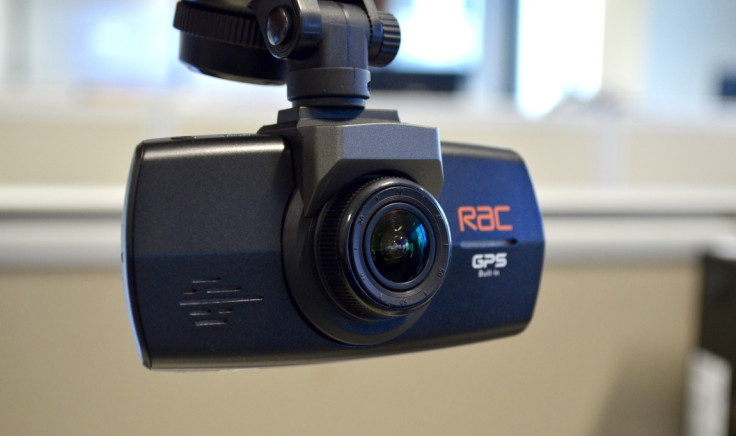'Our privacy is on road to hell': Security expert fears Android creator's dashcam plans

A computer security expert claims dashboard cameras produced by the creator of Android will put consumer privacy "on the road to hell". The dashcams, still in development, would be handed out for free, but require users to give the video and data they record back to the manufacturer.
Andy Rubin co-founded Android Inc, which was bought by Google in 2005 and became the producer of the world's most-used mobile phone operating system. Rubin then set up a new company called Playground, which works with startups to produce new internet-of-things gadgets.
During a recent interview with Wired, Rubin said one of these gadgets is a dashcam, "which he plans to give away in exchange for its data – potentially allowing Playground to build a real-time visual map of the world," the magazine explained.
Live, real-time Street View is an incredibly exciting concept, but one which raises many privacy concerns. Computer expert Graham Cluley sees these free cameras uploading their footage and locational data to Playground's servers as a major problem.
"Potential privacy issues? Damn right there are privacy issues," Cluley writes on his blog. "How could there not be serious concerns if dashcams that shared everything they see, their location, and the data they collate, with big business? Just because something can be done, and might have some arguable benefits, doesn't mean to should be done."
Cluley goes on: "It's bad enough that Google Street View cars came down our roads and took photographs of our houses without permission...and snooped on our Wi-Fi. But now there is the prospect, in the relatively near future, that dashboard-mounted cameras that share their footage and data with Andy Rubin's company will become common."
Of course, no one is insisting that consumers install these cameras – although the lure of cheaper insurance could be a strong one for many – but that doesn't mean non-users and their cars won't be caught in others' recordings. This data and footage will be uploaded to data centres where, Cluley says "I have no control, and it is unclear how [the data] might be used by multinational organisations, advertisers and law enforcement for their own ends.
"Once again our privacy is on the road to hell, bit by bit."
© Copyright IBTimes 2024. All rights reserved.






